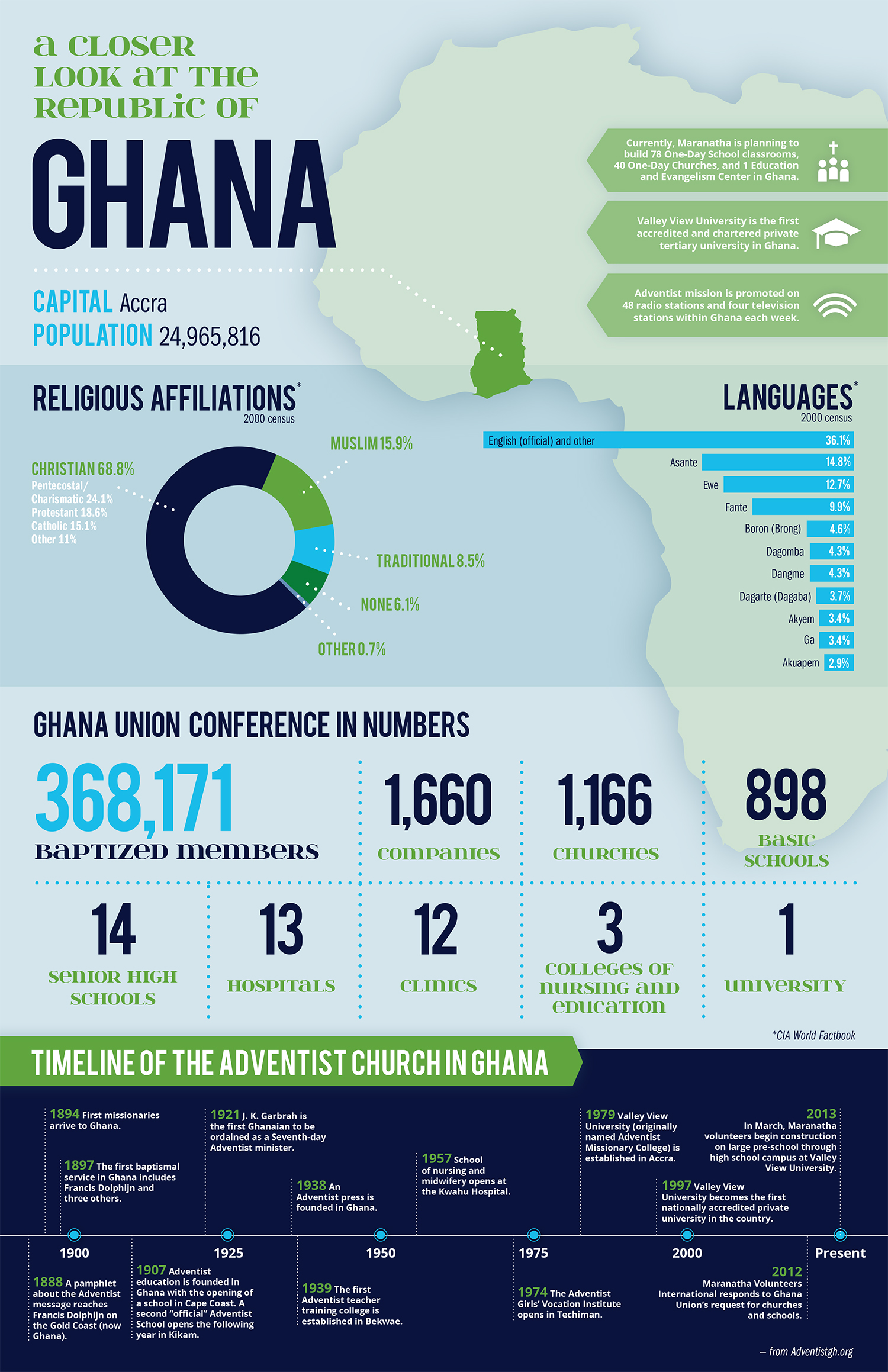Revealing The Considerable Background And Continuing Influence Of Catholic Schools Globally
Revealing The Considerable Background And Continuing Influence Of Catholic Schools Globally
Blog Article
Authored By-Carr Grace
When you think about the background of education and learning, Catholic schools stand out for their deep-rooted traditions and long lasting impact. These institutions began as a means to impart faith and worths, yet they've adapted remarkably over centuries. Today, they play an important role in shaping not simply scholastic success yet also moral integrity. What's fascinating is how they have actually handled to thrive amidst altering cultural landscapes, raising questions about their future importance and impact.
The Beginnings of Catholic Education: A Historic Point of view
Catholic education traces its origins back over 1,500 years, when very early Christian areas acknowledged the need for organized knowing. You'll discover that these communities aimed to hand down their belief and worths through education.
Monasteries and basilica institutions came to be facilities of discovering, supporting both spiritual and intellectual development. As you dive deeper, you'll see that the educational program usually included ideology, theology, and the liberal arts, created to create well-rounded people.
Gradually, the Church developed extra formal establishments, guaranteeing that education stayed easily accessible to all. The commitment to mentor moral values and cultivating a feeling of community has actually persisted via the centuries, forming the educational landscape and influencing many lives worldwide.
This long-lasting heritage remains to motivate Catholic education today.
The Advancement of Catholic Institutions Via Social Contexts
As societies evolved, so did the duty of Catholic schools, adapting to the social contexts in which they existed. In the very early years, these establishments focused primarily on religious direction, yet as communities expanded, they began to include regional languages, personalizeds, and academic requirements.
You 'd notice that Catholic schools usually came to be facilities for social communication, fostering a feeling of belonging among students from numerous backgrounds. In numerous areas, they attended to societal concerns, such as destitution and discrimination, by giving accessible education for all.
As you explore various cultures, you'll see exactly how Catholic institutions have actually shifted their curricula and mentor techniques, showing the values and challenges of their environments while remaining true to their foundational mission of belief and scholastic excellence.
The Modern Role and Impact of Catholic Schools in Society
In today's globe, Catholic colleges play an important duty fit not just the educational landscape, however additionally the broader community.
You'll find that these organizations highlight worths like respect, concern, and social justice, cultivating all-round individuals that add favorably to society. By concentrating on https://postheaven.net/latricia43lajuana/catholic-education-where-academic-success-meets-spiritual-growth and moral growth, Catholic institutions prepare trainees for future difficulties, supporting critical reasoning and leadership skills.
They frequently offer diverse populaces, bridging voids in access to high quality education. In Best College prep schools In Lake Leelanau , you may see their commitment to service, urging students to take part in neighborhood outreach and volunteer work.
This blend of education and moral support makes Catholic colleges a significant pressure, growing accountable citizens that can impact their areas for the better.
Conclusion
To conclude, Catholic schools have a rich history that's shaped their enduring influence on culture. You've seen how they have actually adapted to various social contexts while preserving a dedication to confidence, values, and academic excellence. Today, they remain to play a vital function in cultivating neighborhood, advertising social justice, and nurturing liable people. As you assess their legacy, it's clear that Catholic institutions continue to be an effective force for favorable change in the world.
